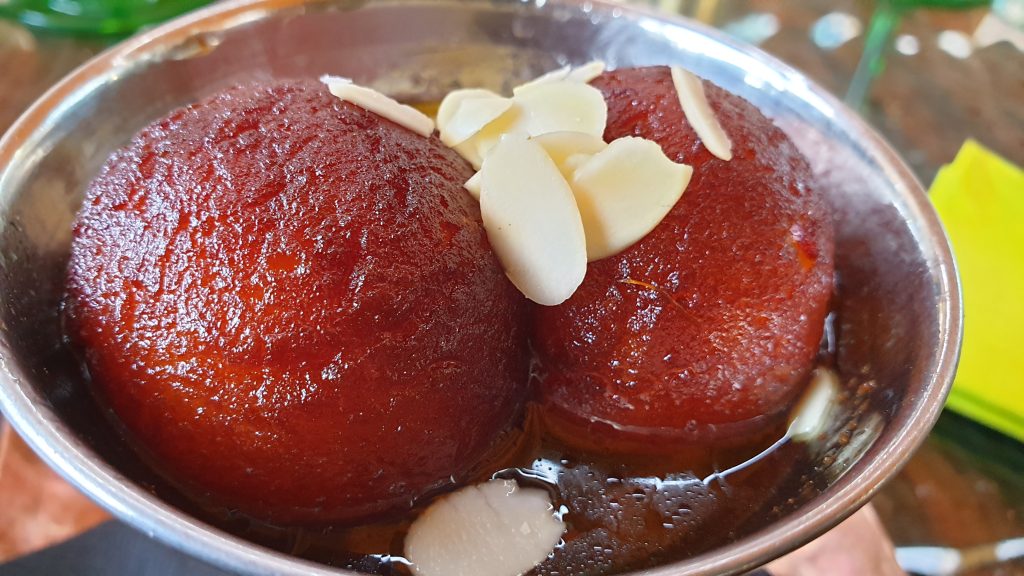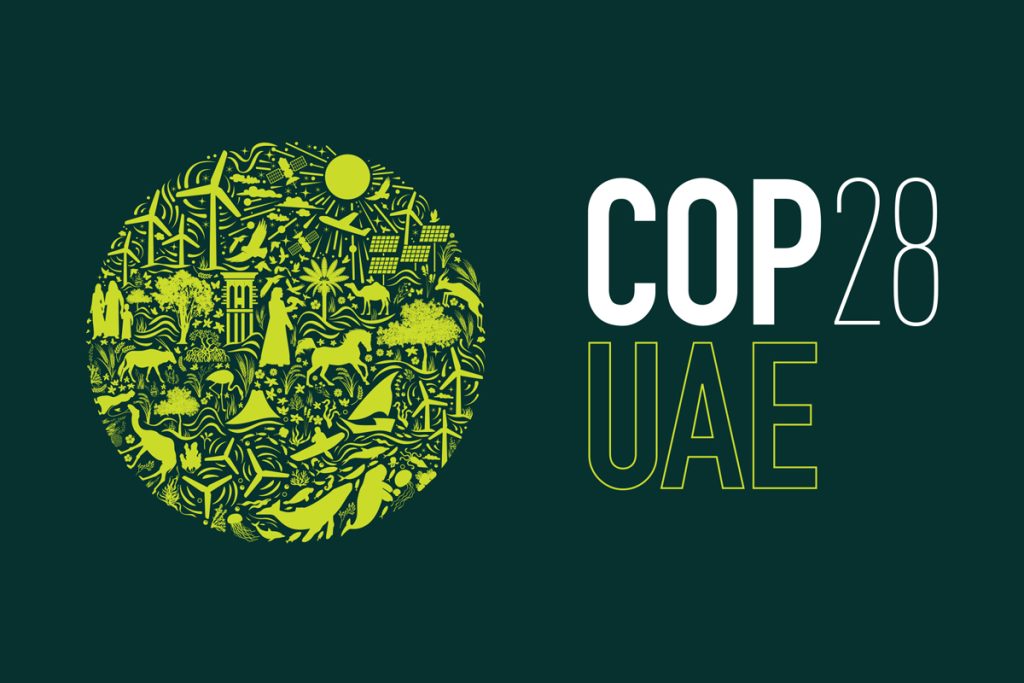Radical hope in the midst of poverty in the city
Leave a Comment
Following our Radical Hope Roundtable at Liverpool Hope University on 26th April, Rev Grace Thomas shares a new blog with us based on the paper she gave at that gathering.
I was given the remit recently to speak about radical hope in the midst of poverty. I didn’t know where to start, so I started by telling my story. Stories matter – they tell us about the reality of life. Narratives of experience and context can be rich with insight and innovation, but story as a source of knowledge is still contested within a Eurocentric rationalistic paradigm. Wilda Gafney, in her opening chapter of Womanist Midrash talks about the hospitality of her heritage, and invites us to join her at the table. This reminds me of the times when I would visit India, and, for dinner, my grandma and aunties would offer up a selection of vegetarian curries with, maybe, chapatis or puris, that, together, made for a meal that had delicious distinct parts. So, what I offer here is a meal – more like a series of dishes that, together hopefully complement each other. They are tasters – short stories of mine – that build up to a menu of possibility, prompting some reflections on the presence and perception of hope.
At the age of 18, I found myself moving into a house on a council estate, with a baby in tow. We got the house because no one else wanted it. No one wanted to live there because of the reputation. The day we arrived, we were greeted by a neighbour who noticed my son and gave us baby swing that her children had grown out of. Another made us cups of tea whilst we got sorted. I felt the warmth of welcome and community and, in a rather perilous time, I felt hopeful. I lived on the estate for four years and for most of the time, I lived well below the poverty threshold, as a student nurse with very little access to money. I hid from the rent collector who would come around every fortnight. When I was on hospital placements, I would eat leftovers, sneaking a potato in as I loaded the trolley with dirty plates to go back to the kitchen. Whilst life was challenging, I never felt unsafe where I lived. It was one of the few places I have lived where I knew the names of all my neighbours. I could tell you many, many stories of community that I experienced whilst there.
Nearly two decades later, I found myself ordained and starting a curacy in a ‘notorious’ area of Manchester. When people talked about me going there, they talked about how I could ‘do good’, help with foodbanks and so on. The social narrative of such places can become that the people there are poor/demotivated/dangerous/in need of hopeful salvation. Yet, this was a tight knit community who, for the most part, supported each other. There was a huge enthusiasm to engage in eco projects – cleaning local parks and greening the alleyways. There were community groups campaigning for cleaner air and safe streets. Speak to residents and, yes, of course, you hear about the challenges – this is not unique to the area – but you would hear so many stories of a vibrant, proud community.
Fast forward a little more and I found myself as vicar on a social housing estate in Salford. I ministered in a wonderful 70s build brick church that was typical of its time – a square building with a flat roof. Before the present building existed, the church had been a ‘tin mission’ – a farm building with a tin roof. In the1960s, the residents and church members wanted a proper building, so, every Friday night, volunteers would go round the estate asking people to donate a shilling for a brick. That’s how the church was built. And so, this was their church. This church belonged to the community and was a community space.
These three taster dishes are rooted in real life experience. It is not about romanticising poverty – believe me, you never forget the pain and indignity of poverty. But, the point is, this is not the whole story. Stretching the meal metaphor to its extreme, now is the time for dessert. If this was a South Indian meal, we would be having Gulab Jaman right now – a wonderful, sweet Indian dessert. You’ll just have to imagine it.
I’ve mentioned how, sometimes, well meaning people of faith can take on the role of ‘hope bringer’ to places perceived to be ‘devoid’ of hope. I wish to offer something different – a perspective that acknowledges the shoots of hope that are already sprouting. For some of you, the taster dishes may be enough – dessert may be unnecessary. But just in case, let me take you to the scriptures. Consider the boy who had a handful of loves and fish, but offered it, nevertheless – an act of hope in the midst of hunger. There is the widow’s mite – a story of faithfulness and generosity in adversity. Then there is the woman subject to bleeding for twelve years. Clearly someone with little means, yet with deep faith. Hope is veracious. People have enormous capacity to act in ways of hope – something that I have seen in my own life and have read in the scriptures. This capacity is not to be underestimated, especially in places where assumptions and biases try to persuade us that people in some circumstances are hope-less and in need of saving hope. Sometimes, our lens of vision limits us. We need to be prepared to interrogate our own embodied perceptions of power, economic status, class, ethnicity and so on. We need to ask whether our perception of hope in places where deprivation is high plays to the dominant social constructs and ideologies that enhance structural inequality. Are there spaces for stories, for people to tell the narrative of their lived experience? Can we broaden our sources of knowledge and, by doing so, enrich our understanding of hope? Incarnational hope requires that attention is paid to the stories of the people who inhabit the place – to recognise the shoots of hope.
So, this is the array of dishes that I present to you. Some may well need completely revisiting, prepared as they have been by someone who has read the recipe from a certain viewpoint. As with most things, it’s a work in progress. But our outlooks should always be just that – works in progress, open to interrogation and new perspectives. I welcome the post-meal conversation.
Rev Grace Thomas is the Missioner at Manchester Cathedral and the Diocesan Environmental Officer (DEO) at Diocese of Manchester.
